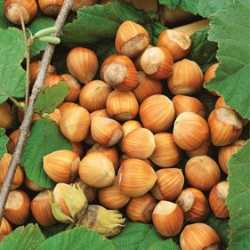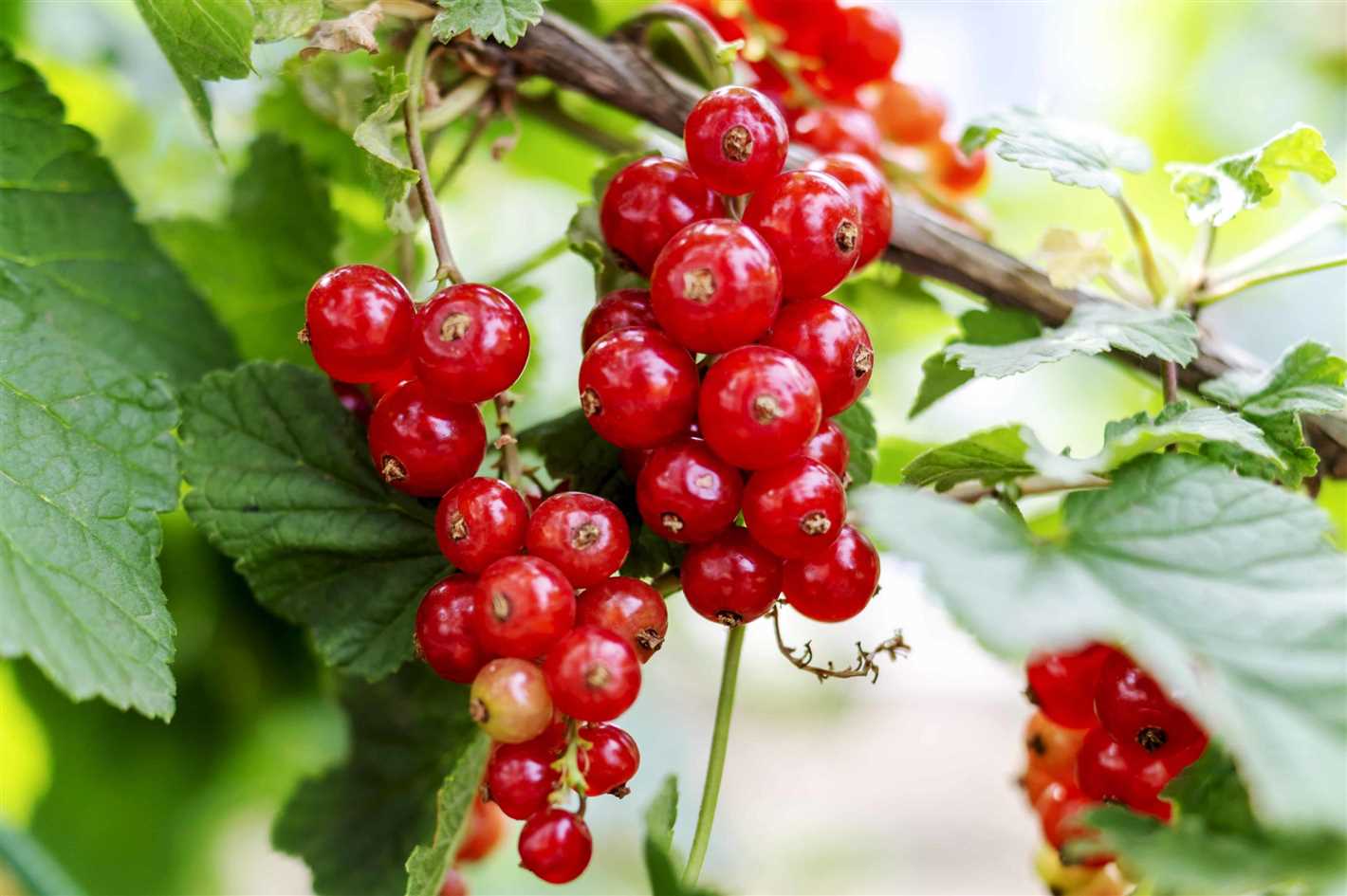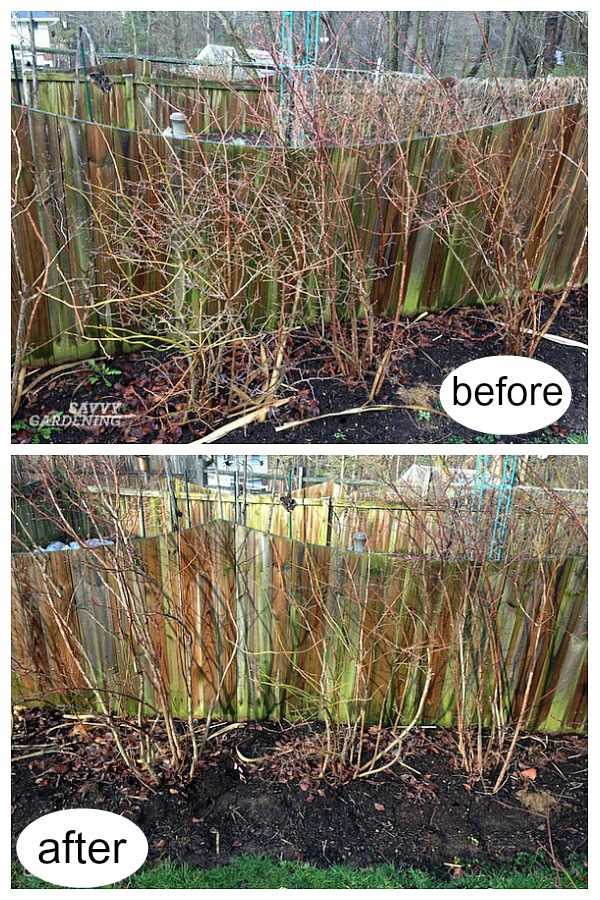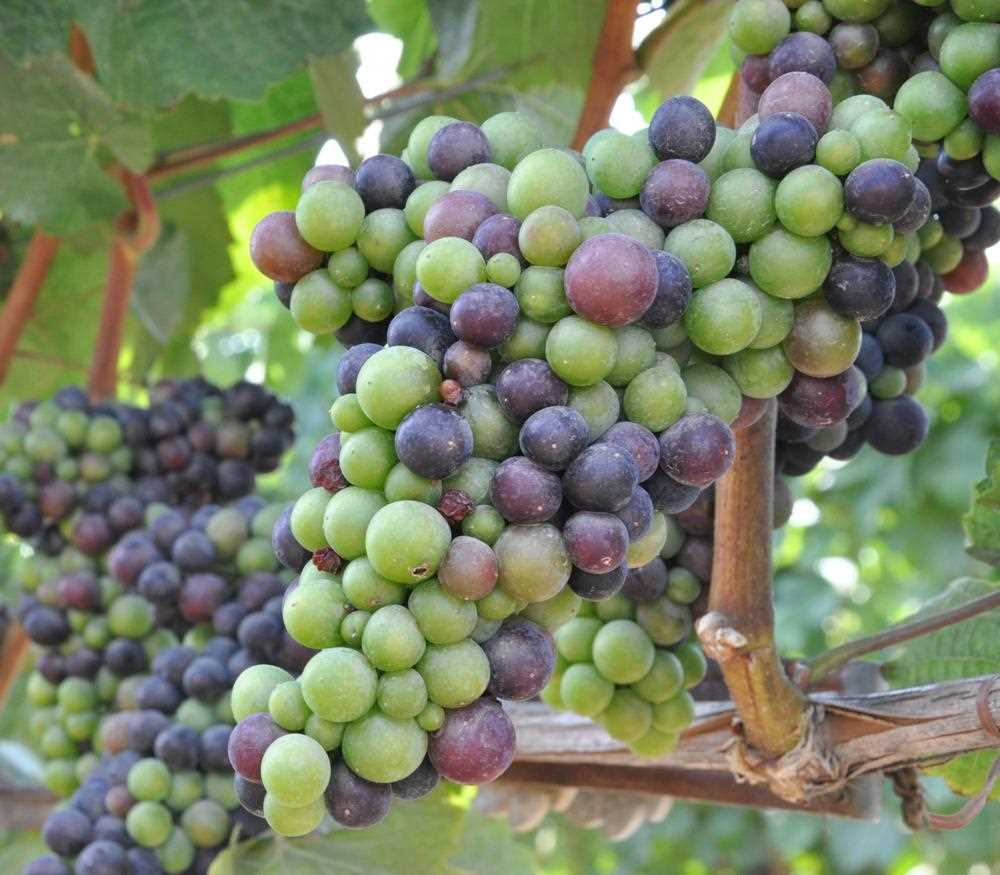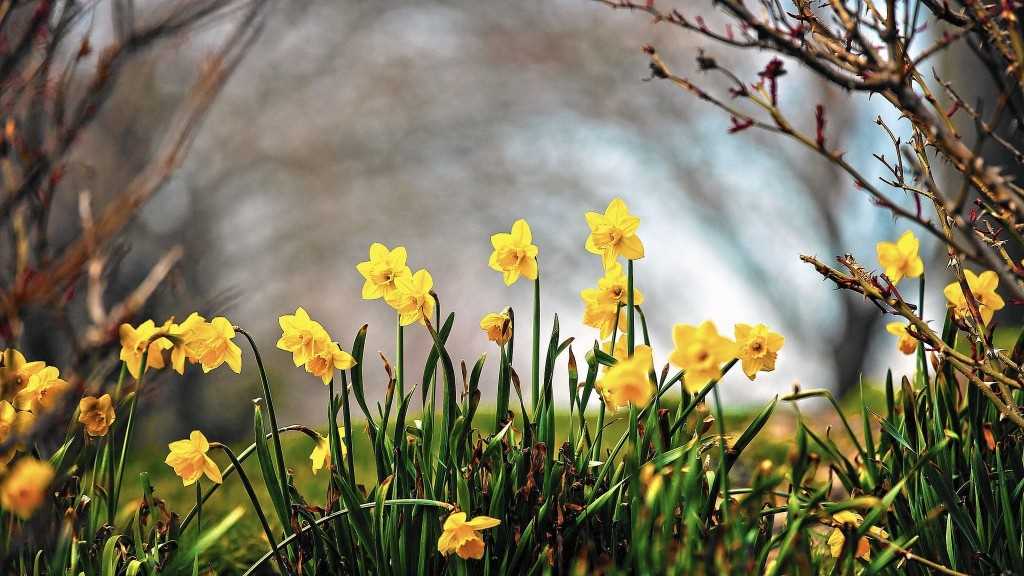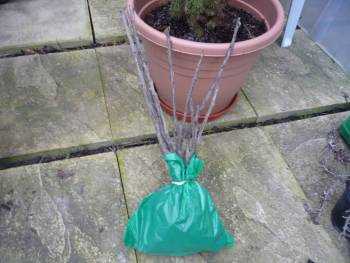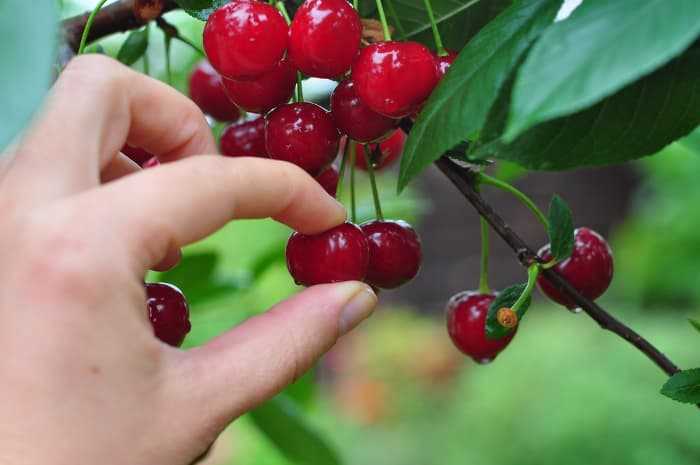- Soil Preparation Methods
- Organic Compost and Manure
- Benefits of Organic Compost
- Benefits of Manure
- Seaweed and Kelp Extracts
- Benefits of Seaweed and Kelp Extracts
- Application of Seaweed and Kelp Extracts
- Conclusion
- Fish Emulsion
- Benefits of Fish Emulsion
- How to Use Fish Emulsion
- Additional Tips
- Bone Meal and Blood Meal
- Bone Meal
- Blood Meal
- Epsom Salt
- Banana Peels
- 1. Nutrient-rich
- 2. Slow-release fertilizer
- 3. Organic and sustainable
- 4. Easy to use
- 5. Additional benefits
- 6. Precautions
- Coffee Grounds
- Question-answer:
- What are the benefits of using natural fertilisers for remontant raspberries?
- Which natural fertilisers are recommended for maximum summer growth of remontant raspberries?
- How often should natural fertilisers be applied to remontant raspberries during the summer?
- Can I use natural fertilisers on remontant raspberries grown in containers?
- Are there any organic alternatives to synthetic fertilisers for remontant raspberries?
- Can natural fertilisers be used in combination with synthetic fertilisers for remontant raspberries?
- Video: Pruning Raspberries – Why? How? When? (2020)
Summer is the perfect time for raspberries to flourish, and with the right natural fertilisers, you can ensure maximum growth and yield. Remontant raspberries, also known as everbearing raspberries, are particularly suitable for summer growth as they produce fruit on both the first-year canes and the second-year canes. This means that they can provide a continuous harvest from summer through to fall. However, to achieve the best results, it is essential to provide the necessary nutrients to your raspberry plants.
One of the best natural fertilisers for remontant raspberries is compost. Compost enriches the soil with essential nutrients and improves its structure, allowing for better water retention and root development. It also helps to increase the organic matter content in the soil, which supports the growth of beneficial microorganisms and earthworm activity. By adding a layer of compost around the base of your raspberry plants, you can provide them with a slow-release source of nutrients throughout the summer.
In addition to compost, another excellent natural fertiliser for remontant raspberries is aged manure. Aged manure is rich in nitrogen, phosphorus, and potassium, which are essential nutrients for plant growth. It also contains beneficial microorganisms that help break down organic matter and release nutrients into the soil. Applying a layer of aged manure around your raspberry plants can significantly enhance their growth and productivity during the summer months.
Lastly, seaweed extract is another fantastic natural fertiliser for remontant raspberries. Seaweed contains a wide range of trace minerals, plant hormones, and beneficial substances that promote vigorous growth and improve plant health. Seaweed extract can be applied as a foliar spray or added to the soil to provide your raspberry plants with a boost of nutrients and improve their ability to withstand stressors such as heat and drought. It is a versatile and effective natural fertiliser that can significantly enhance the summer growth of your remontant raspberries.
In conclusion, by using natural fertilisers such as compost, aged manure, and seaweed extract, you can ensure maximum summer growth of your remontant raspberries. These fertilisers provide essential nutrients, improve soil structure, and enhance overall plant health. With proper care and the right fertilisers, your remontant raspberries can thrive and provide you with a bountiful harvest throughout the summer season.
Soil Preparation Methods
Before planting remontant raspberries, it is important to prepare the soil properly to provide optimal growing conditions for the plants. Here are some soil preparation methods to consider:
- Soil Testing: Conduct a soil test to determine its pH level and nutrient content. This will help you understand the specific needs of your soil and guide you in adjusting its properties accordingly.
- Clearing the Area: Remove any weeds, rocks, or other debris from the planting area. This will help provide a clean, clear space for the raspberries to grow.
- Tilling the Soil: Use a garden tiller or a digging fork to loosen the soil to a depth of about 12 inches. This will help improve drainage and enable the roots to penetrate the soil more easily.
- Adding Organic Matter: Incorporate organic matter into the soil, such as compost or well-rotted manure. This will improve the soil’s fertility and its ability to retain moisture.
- Adding Fertilizer: Based on the results of the soil test, add balanced fertilizer or specific nutrients that are lacking in the soil. This will provide the necessary nutrients for the raspberries to grow and produce an abundant harvest.
It is important to note that soil preparation should be done well in advance of planting, ideally a few weeks before. This will allow enough time for the nutrients to be incorporated into the soil and for any weeds or weed seeds to germinate and be removed before planting.
By following these soil preparation methods, you can create a nutrient-rich and well-draining soil environment for your remontant raspberries, ensuring maximum growth and a bountiful harvest.
Organic Compost and Manure
Organic compost and manure are excellent natural fertilizers for maximizing the summer growth of remontant raspberries. They are rich in essential nutrients that promote healthy plant growth and boost fruit production.
Benefits of Organic Compost
- Nutrient-Rich: Organic compost is packed with essential nutrients like nitrogen, phosphorus, and potassium. These nutrients provide a balanced diet for remontant raspberries, ensuring they receive the nourishment they need to thrive.
- Improved Soil Structure: The organic matter in compost helps improve the soil structure, making it easier for the plant roots to access water and nutrients. It also enhances soil aeration and drainage, preventing waterlogging and root rot.
- Beneficial Microbes: Compost is teeming with beneficial microorganisms that promote soil health. These microbes break down organic matter, releasing nutrients in a form that plants can absorb easily. They also help suppress harmful pathogens and pests.
- Sustainable and Environmentally Friendly: Using organic compost helps reduce dependence on synthetic fertilizers and minimizes chemical run-off, making it an eco-friendly choice for gardeners.
Benefits of Manure
- High Nutrient Content: Manure, particularly well-rotted farmyard manure, is a rich source of organic matter and nutrients. It contains high levels of nitrogen, which is crucial for promoting lush vegetative growth in remontant raspberries.
- Slow Release of Nutrients: Manure releases nutrients slowly over time, providing a steady supply of nourishment to the plants throughout the growing season. This helps avoid nutrient imbalances and promotes overall plant health.
- Enhanced Soil Fertility: Manure improves soil fertility by increasing its water-holding capacity and enhancing nutrient availability. It also helps improve soil structure, aeration, and drainage, creating an ideal growing environment for remontant raspberries.
- Cost-Effective Organic Fertilizer: Manure is usually readily available and relatively low-cost compared to synthetic fertilizers. It offers a sustainable and budget-friendly option for gardeners looking to grow remontant raspberries organically.
When using organic compost and manure as fertilizers, it is essential to apply them correctly to avoid over-fertilization. It is recommended to spread a layer of compost or manure around the base of the raspberries, avoiding direct contact with the stems. A thickness of about 2-3 inches is usually sufficient. Water the area thoroughly after application to ensure the nutrients penetrate the soil and reach the roots.
Regular applications of organic compost and manure, combined with proper watering and maintenance, will provide remontant raspberries with the necessary nutrients and optimal growing conditions for maximum summer growth and abundant fruit production.
Seaweed and Kelp Extracts
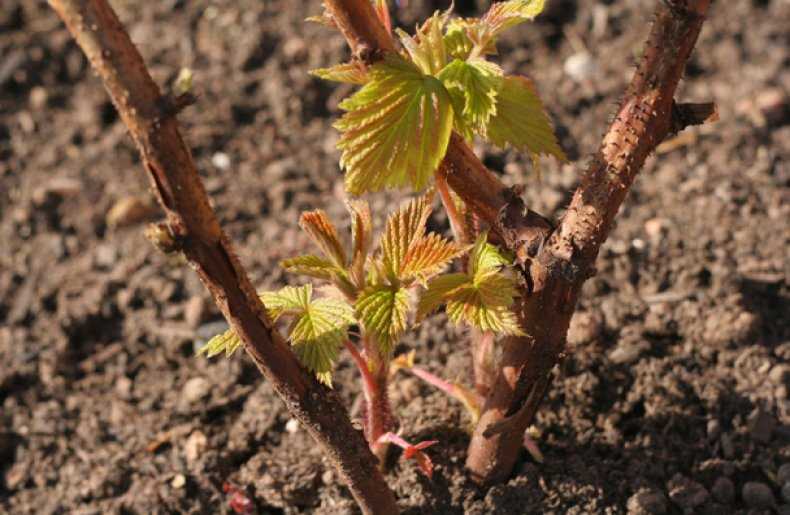
Seaweed and kelp extracts are natural fertilisers that can greatly enhance the summer growth of remontant raspberries. These extracts are derived from various species of seaweeds and kelp, which are rich in essential nutrients and growth-promoting compounds.
Benefits of Seaweed and Kelp Extracts
- Nutrient-rich: Seaweed and kelp extracts contain a wide range of nutrients, including nitrogen, phosphorus, potassium, calcium, magnesium, and trace elements such as iron and zinc. These nutrients are essential for the healthy growth of remontant raspberries.
- Growth promotion: Seaweed and kelp extracts contain natural growth hormones such as cytokinins, auxins, and gibberellins. These hormones help stimulate cell division and elongation, resulting in increased vegetative growth and higher fruit production.
- Stress tolerance: Seaweed and kelp extracts contain compounds that enhance the plant’s ability to tolerate various stresses, including drought, heat, and disease. This can be particularly beneficial during the hot summer months when remontant raspberries are more prone to stress.
- Improved nutrient uptake: Seaweed and kelp extracts can enhance the plant’s ability to take up nutrients from the soil. They contain natural chelators that bind to nutrients, making them more available for plant uptake.
- Root development: Seaweed and kelp extracts promote the development of strong and healthy roots, which are crucial for nutrient absorption and overall plant health.
Application of Seaweed and Kelp Extracts
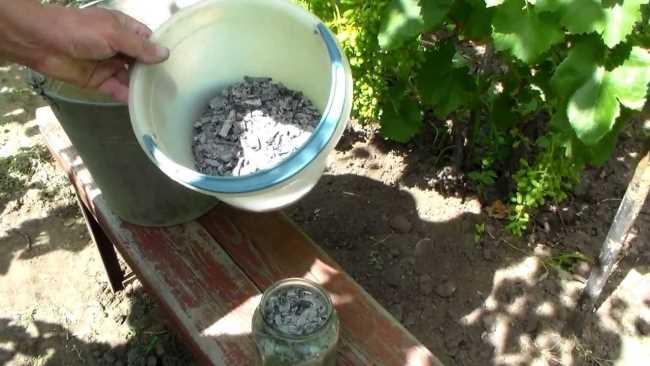
Seaweed and kelp extracts can be applied to remontant raspberries through foliar spraying or root drenching. The extracts should be diluted according to the manufacturer’s instructions and applied during the active growing season. It is generally recommended to apply the extracts every 2-4 weeks for optimal results.
When using seaweed and kelp extracts as a foliar spray, it is important to thoroughly coat the leaves, ensuring good coverage. This allows for efficient absorption of the nutrients and growth-promoting compounds.
Alternatively, for root drenching, the diluted extract can be poured around the base of the plants, allowing the roots to absorb the nutrients directly.
Conclusion
Seaweed and kelp extracts are highly beneficial natural fertilisers that can greatly enhance the summer growth of remontant raspberries. Their nutrient-rich composition, growth-promoting compounds, stress tolerance properties, and ability to improve nutrient uptake make them excellent choices for organic raspberry cultivation. By incorporating seaweed and kelp extracts into your fertilisation routine, you can promote healthy and vigorous growth in your remontant raspberry plants, leading to increased fruit production and overall garden success.
Fish Emulsion
Fish emulsion is a natural liquid fertilizer that is made from the remains of fish after they have been processed for oil and fish meal. It is a rich source of nutrients and is especially beneficial for summer growth of remontant raspberries.
Benefits of Fish Emulsion
- Nutrient-rich: Fish emulsion contains high levels of nitrogen, phosphorus, and potassium, which are essential for plant growth. These nutrients promote healthy foliage, strong root development, and increased fruit production in remontant raspberries.
- Organic matter: Fish emulsion adds organic matter to the soil, improving its structure and increasing its ability to retain moisture. This is important for remontant raspberries, as they require consistent moisture during the summer months.
- Microbial activity: Fish emulsion contains beneficial microbes that help break down organic matter in the soil, making nutrients more available to the plants. This improves nutrient uptake by remontant raspberries and enhances their overall growth.
Pest deterrent: The strong fishy smell of fish emulsion acts as a natural deterrent to pests like aphids and mites. This helps protect remontant raspberries from infestations and reduces the need for chemical pesticides.
How to Use Fish Emulsion
Fish emulsion is typically diluted with water before application. Follow the instructions on the packaging for the recommended dilution ratio. It is important to apply fish emulsion to the base of the remontant raspberry plants, avoiding direct contact with the foliage. This prevents any potential burn from the concentrated nutrients.
It is best to apply fish emulsion during the early morning or late afternoon, when the temperature is cooler and the sun is less intense. This allows the plants to absorb the nutrients more efficiently.
Additional Tips
Here are some additional tips for using fish emulsion as a natural fertilizer for remontant raspberries:
- Apply fish emulsion every two to three weeks during the summer growing season to provide a consistent source of nutrients for the plants.
- Water the remontant raspberry plants thoroughly before and after applying fish emulsion to ensure proper absorption and prevent root burn.
- Store fish emulsion in a cool, dark place to maintain its effectiveness. Avoid exposing it to extreme temperatures or direct sunlight.
- Consider using fish emulsion in combination with other organic fertilizers, such as seaweed extract or compost, to provide a balanced nutrient profile for remontant raspberries.
By incorporating fish emulsion into your fertilization routine, you can promote maximum summer growth of your remontant raspberries and enjoy a bountiful harvest.
Bone Meal and Blood Meal
Bone meal and blood meal are two natural fertilizers that can greatly enhance the summer growth of remontant raspberries. Both of these fertilizers provide essential nutrients that raspberries need to thrive and produce abundant fruit.
Bone Meal
- Bone meal is a nutrient-rich organic fertilizer made from ground-up animal bones.
- It is an excellent source of phosphorous, which is essential for root development, flowering, and fruit production.
- Phosphorous is particularly important for remontant raspberries as it helps promote the development of strong, healthy canes and encourages the growth of new shoots.
- Applying bone meal to the soil before planting raspberries can provide a long-lasting source of phosphorous throughout the summer growing season.
Blood Meal
- Blood meal is a natural fertilizer made from dried animal blood.
- It is an excellent source of nitrogen, an essential nutrient for promoting leaf and stem growth.
- Nitrogen is particularly important for remontant raspberries as it helps stimulate the production of lush foliage, which is necessary for the plant’s overall health and energy production.
- Applying blood meal around the base of remontant raspberry plants during the summer can encourage vigorous growth and help prevent nutrient deficiencies.
Note: It is important to follow the manufacturer’s instructions when using bone meal and blood meal as fertilizers. These products can be potent, so using too much can harm plants. It is also a good idea to conduct a soil test to determine the specific nutrient needs of your raspberry plants before applying fertilizers.
Epsom Salt
Epsom salt, also known as magnesium sulfate, is a natural and affordable fertilizer that can significantly improve the growth and health of remontant raspberries during the summer.
Benefits of Epsom Salt:
- Increases nutrient uptake: Epsom salt contains magnesium, a nutrient essential for plant growth. Applying Epsom salt as a fertilizer helps remontant raspberries absorb other important nutrients, such as nitrogen and phosphorus, more effectively. This results in improved overall growth and better fruit production.
- Corrects magnesium deficiency: Magnesium deficiency is a common problem in plants, including remontant raspberries. It can lead to yellowing of leaves, stunted growth, and poor fruit development. Using Epsom salt as a supplement can quickly address this deficiency and restore the plant’s health.
- Enhances photosynthesis: Magnesium is a key component of chlorophyll, the pigment responsible for the green color in plants. By supplying additional magnesium through Epsom salt, the photosynthetic process in remontant raspberries is enhanced, resulting in healthier and more productive plants.
- Improves soil structure: Epsom salt can help to improve the soil structure by loosening compacted soil and promoting better drainage. This allows the roots of remontant raspberries to access air and water more easily, leading to improved overall plant health.
How to use Epsom Salt:
- Mix 2 tablespoons of Epsom salt with 1 gallon of water.
- Apply the solution to the base of each remontant raspberry plant, ensuring the roots are well-covered.
- Repeat the application every 4 to 6 weeks during the summer growing season.
- Avoid over-application of Epsom salt, as excessive amounts can cause salt build-up in the soil.
Conclusion:
Using Epsom salt as a natural fertilizer for remontant raspberries can provide numerous benefits, including improved nutrient uptake, correction of magnesium deficiency, enhanced photosynthesis, and improved soil structure. With its affordability and ease of use, Epsom salt is a great option for maximizing the summer growth and productivity of remontant raspberries.
Banana Peels
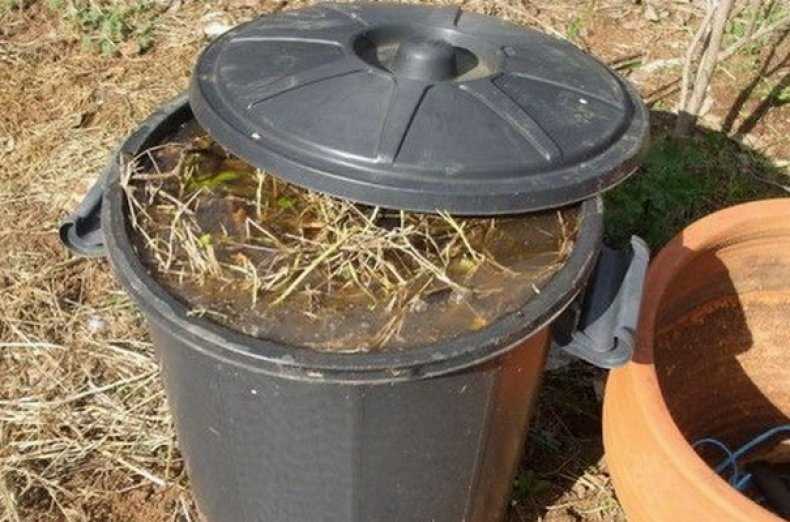
Banana peels are a natural and effective fertilizer for remontant raspberries during the summer months. They are rich in nutrients that promote healthy growth and help your raspberry plants produce a higher yield. Here are some reasons why banana peels are a beneficial addition to your garden:
1. Nutrient-rich
Banana peels contain essential nutrients such as potassium, phosphorus, and calcium. These nutrients are vital for the overall health and growth of your raspberry plants. Potassium helps strengthen the roots and stems, phosphorus promotes flower and fruit production, and calcium aids in preventing diseases.
2. Slow-release fertilizer
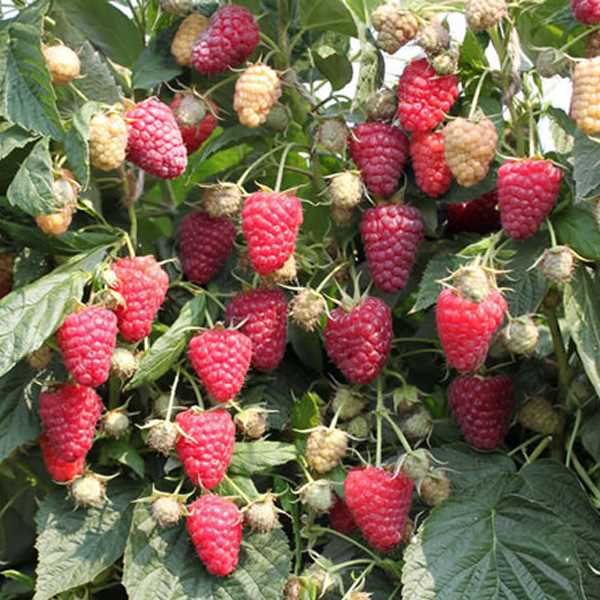
One of the advantages of using banana peels as a natural fertilizer is that they release nutrients slowly over time. This slow-release property ensures that your raspberry plants receive a continuous supply of nutrients, which can improve their overall health and productivity.
3. Organic and sustainable
Banana peels are an organic and sustainable option for fertilizing your raspberry plants. By using banana peels, you avoid the use of synthetic fertilizers that may contain harmful chemicals. It’s a natural way to nourish your plants and promote environmental sustainability.
4. Easy to use
Using banana peels as a fertilizer is simple. Here’s a step-by-step guide:
- Collect banana peels from your kitchen.
- Cut the peels into small pieces to accelerate decomposition.
- Place the banana peel pieces around the base of your raspberry plants.
- Cover the banana peels with a layer of soil or mulch.
5. Additional benefits
Besides acting as a natural fertilizer, banana peels offer some additional benefits to your garden. They can help repel pests such as aphids and attract beneficial insects like butterflies. Furthermore, banana peels may improve soil structure and moisture retention.
6. Precautions
While banana peels are generally safe to use as a fertilizer, there are a few precautions to keep in mind. Avoid adding too many banana peels at once, as this can lead to nutrient imbalances or excess nitrogen. Also, make sure to remove any stickers or residues from the peels before using them in your garden.
In conclusion, banana peels are an excellent natural fertilizer for remontant raspberries. Their nutrient-rich composition, slow-release properties, organic nature, ease of use, and additional benefits make them a preferred choice for promoting maximum summer growth. Consider incorporating banana peels into your gardening routine and enjoy the benefits they bring to your raspberry plants.
Coffee Grounds
Fertilizer:
Coffee grounds can be used as a natural fertilizer for remontant raspberries during the summer season. Their high nitrogen content provides a beneficial nutrient boost for the plants and promotes healthy growth.
Acidity:
Coffee grounds have a slightly acidic pH, which is desirable for remontant raspberries. The acidity helps to maintain optimal soil pH levels, allowing the plants to absorb nutrients more efficiently.
Organic Matter:
Coffee grounds are rich in organic matter, which improves the soil structure and enhances moisture retention. This is particularly important during the summer months when raspberries require consistent watering to thrive.
Application:
Spread a layer of coffee grounds around the base of remontant raspberry plants, taking care not to mound the grounds against the stems. Water the area thoroughly after applying the coffee grounds to help them integrate with the soil.
Composting:
Coffee grounds can also be added to a compost pile or bin. As they decompose, they contribute to the creation of nutrient-rich compost that can be later used to feed remontant raspberries and other plants in the garden.
Question-answer:
What are the benefits of using natural fertilisers for remontant raspberries?
Natural fertilisers provide essential nutrients to the remontant raspberries without introducing harmful chemicals. They promote healthy growth, increase fruit production, and improve the overall quality of the raspberries.
Which natural fertilisers are recommended for maximum summer growth of remontant raspberries?
Some of the best natural fertilisers for remontant raspberries include compost, aged manure, seaweed extract, and fish emulsion. These fertilisers are rich in nutrients and provide a balanced diet for the raspberries.
How often should natural fertilisers be applied to remontant raspberries during the summer?
Natural fertilisers should be applied to remontant raspberries every 4-6 weeks during the summer. This ensures that the plants have a continuous supply of nutrients for maximum growth and fruit production.
Can I use natural fertilisers on remontant raspberries grown in containers?
Yes, natural fertilisers can be used on remontant raspberries grown in containers. However, it is important to adjust the dosage according to the size of the container and the specific needs of the plants. A general rule is to apply half the recommended amount of fertiliser for container-grown raspberries.
Are there any organic alternatives to synthetic fertilisers for remontant raspberries?
Yes, there are several organic alternatives to synthetic fertilisers for remontant raspberries. These include compost tea, worm casts, bone meal, and blood meal. These organic fertilisers provide a rich source of nutrients and help improve the soil quality.
Can natural fertilisers be used in combination with synthetic fertilisers for remontant raspberries?
Yes, natural fertilisers can be used in combination with synthetic fertilisers for remontant raspberries. This can help provide a balanced nutrient profile and ensure that the plants receive all the necessary nutrients for optimal growth and fruit production.
